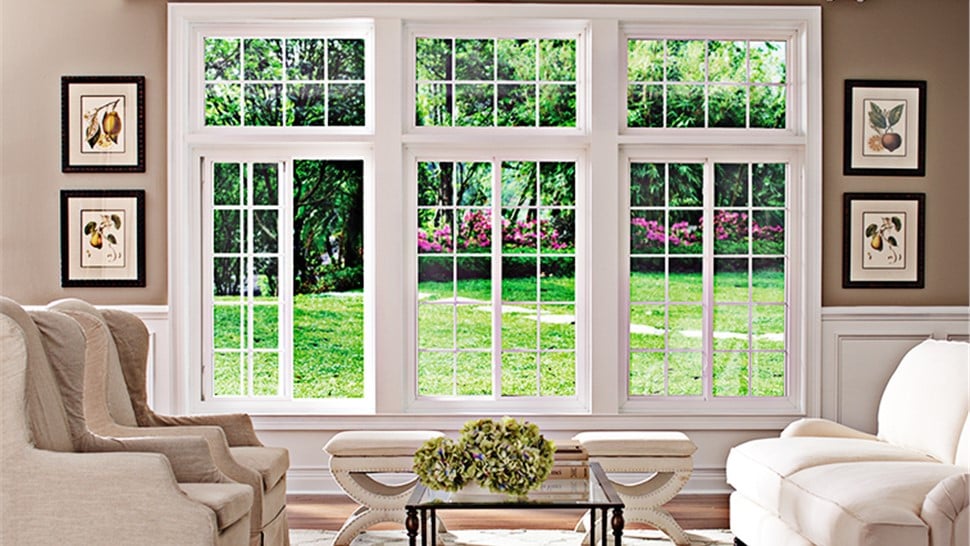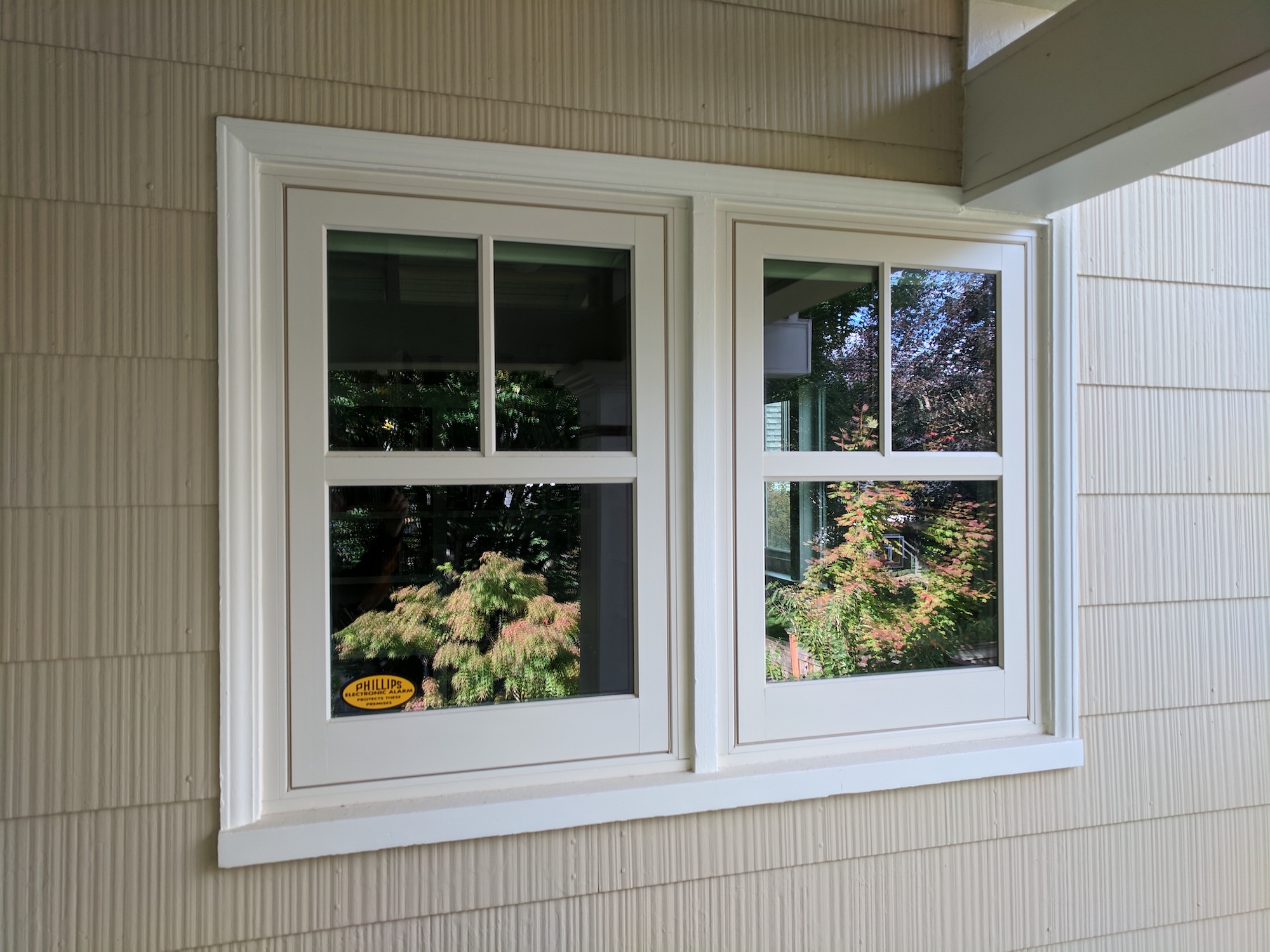Upgrade Your Home With Energy-Efficient Window Replacements
In the realm of home renovation, the choice to update to energy-efficient window replacements can considerably impact both the functionality and looks of a house (window replacement). As house owners seek methods to boost the effectiveness and sustainability of their living spaces, the option of windows plays a crucial function in attaining these goals. Past the surface level of plain looks, energy-efficient windows use a wide variety of benefits that go beyond plain aesthetic charm. With a cautious selection procedure that takes into consideration different variables, from glass types to installation techniques, beginning on this home upgrade trip can prove to be a transformative venture.
Advantages of Energy-Efficient Windows

The setup of energy-efficient windows gives considerable cost savings on utility costs while improving ecological sustainability. Energy-efficient home windows are developed to decrease warm loss and gain, decreasing the demand for heating and cooling down systems to work overtime. By effectively shielding the home, these windows aid preserve a comfortable interior temperature year-round, leading to lower power consumption and lowered utility costs. In addition, energy-efficient windows can aid control dampness levels within the home, lowering the risk of mold and mildew and mildew development.
Beyond the financial benefits, energy-efficient windows add to environmental sustainability by reducing carbon exhausts connected with energy production. By decreasing energy usage, these home windows aid reduce the ecological influence of lighting, heating, and cooling residential spaces. This reduction in energy intake plays an important function in combating environment adjustment and promoting a greener future for generations to come. In general, purchasing energy-efficient home windows not just improves the comfort and efficiency of a home but also aligns with ecologically mindful methods.
Kinds Of Energy-Efficient Glass
Numerous innovative types of energy-efficient glass deal distinct residential properties that cater to different demands and choices in enhancing the sustainability and effectiveness of structures. Triple-pane glass, consisting of 3 layers of glass with shielding gas between them, supplies enhanced thermal insulation, making it extremely energy-efficient. In addition, self-cleaning glass with a special layer that breaks down and loosens up dust when exposed to sunshine can lower upkeep needs and keep home windows looking tidy.
Variables to Consider When Selecting
When considering energy-efficient home window replacements, it is important to meticulously examine specific variables that align with your sustainability purposes and preferred power cost savings. The U-factor actions exactly how well the home window insulates, with lower numbers indicating much better insulation, while the SHGC indicates the home window's capacity to block warmth from sunlight. By very carefully reviewing have a peek here these elements, you can pick energy-efficient windows that improve convenience, reduce power prices, and benefit the atmosphere.
Installment and Maintenance Tips

Routine maintenance is vital to protecting the effectiveness of your energy-efficient home windows. Inspect the weather-stripping and seals for any tears or voids and change them if needed to preserve the windows' energy effectiveness. Katy window replacement.
On top of that, oil moving components such as locks and hinges to make sure smooth operation. By adhering to these installment and maintenance ideas, you can enhance the energy performance of your home and extend the life expectancy of your energy-efficient windows.
Cost-Benefit Evaluation of Upgrading

Energy-efficient windows are designed to minimize warmth transfer, lowering the requirement for heating and cooling systems to function overtime. This can bring about considerable cost savings on energy costs, especially in regions with severe temperature levels. Furthermore, energy-efficient windows can boost the general value of your home, making it extra eye-catching to prospective buyers if you determine to offer in the future.
When calculating the cost-benefit evaluation, consider the potential savings on power bills, any readily available rewards or discounts, and the life expectancy of the windows. While the first expense may be greater, the long-term financial savings and benefits of energy-efficient home windows make them a smart investment for property owners aiming to enhance their residential or commercial property's power performance and worth.

Final Thought
Finally, updating to energy-efficient window replacements offers many advantages such as decreased power consumption, boosted comfort, and expense financial savings. By selecting the proper kind of energy-efficient glass and thinking about factors like framework product and installment, homeowners can take full advantage of the efficiency of their windows. Routine maintenance and correct installation are crucial for long-term performance. On the whole, the cost-benefit evaluation of upgrading to energy-efficient windows reveals that the first investment can result in considerable financial savings over time.
When pondering energy-efficient home window replacements, it is necessary to carefully assess specific factors that align with your sustainability objectives and desired energy savings. The U-factor steps exactly how well the home window protects, with lower numbers showing better insulation, while the SHGC indicates the window's capacity to obstruct warmth from sunshine. By meticulously reviewing these factors, you can select energy-efficient home windows that boost convenience, minimize power expenses, and benefit the environment.
While energy-efficient home windows might have a higher upfront price contrasted to conventional windows, the lasting advantages commonly exceed the initial financial investment.In final like this thought, upgrading to energy-efficient home window substitutes uses many advantages such as decreased energy intake, raised convenience, and expense savings.